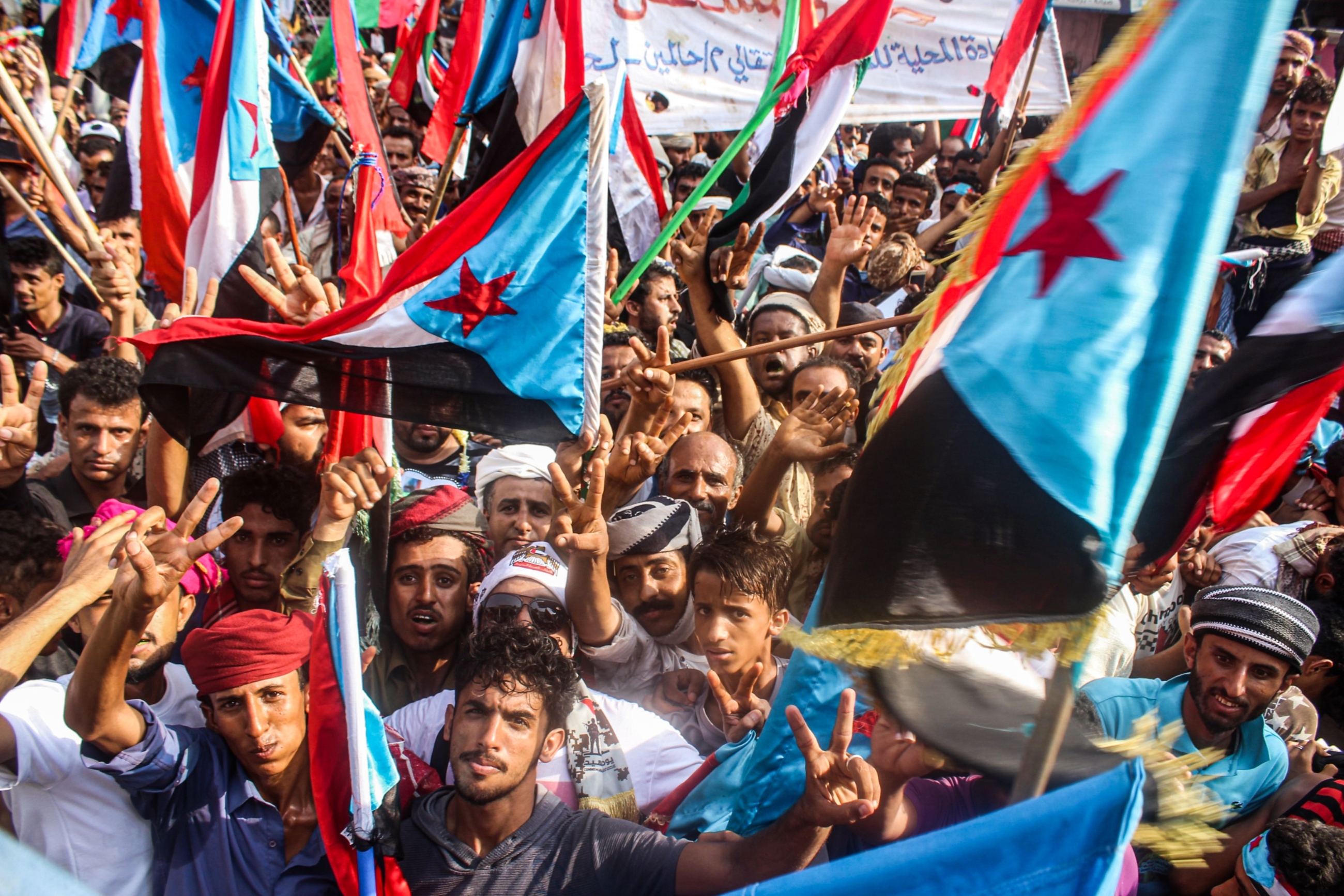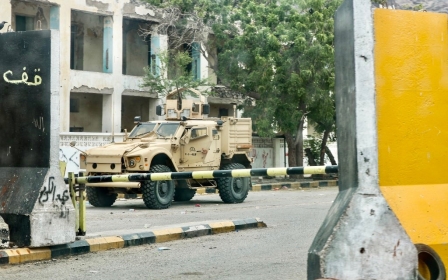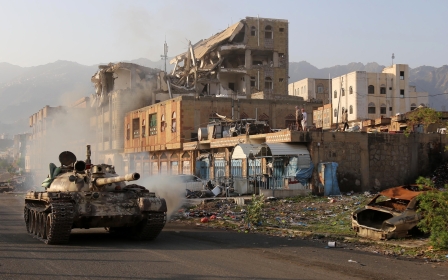Saudi Arabia takes control of Aden to end standoff between allies

Saudi Arabia’s armed forces have taken control of the southern Yemeni port of Aden, in an attempt to end a power struggle between the Riyadh-allied Yemeni government and UAE-backed southern separatists.
Last week, Saudi Arabia and the United Arab Emirates, Riyadh’s main partner in the battle against Yemen’s Houthi movement, called on their allies in the country to halt clashes in the south, where they have been battling against each other.
The UAE has withdrawn its troops from Aden to pave the way for a deal to end the local standoff.
Saudi Arabia has begun to deploy more troops to replace the Emiratis at Aden airport and military bases in the city, two Yemeni officials told the Reuters news agency.
An official handover to a Saudi commander took place last week, under which he would oversee security in the city and its suburbs, two other sources familiar with the matter said.
A Saudi-led and western-backed coalition, including the UAE, intervened in Yemen in 2015 against the Iran-allied Houthis, who had ousted President Abd Rabbuh Mansour Hadi's government.
The Houthis deny being puppets of Tehran and say they are fighting a corrupt system.
In August, the separatist Southern Transitional Council (STC), which seeks self-rule in the south, turned on Hadi's government and seized its interim base of Aden, sparking wider clashes that opened a new front in the war.
Saudi Arabia has been hosting indirect talks for a month between Hadi’s government and separatist leaders to end a crisis that has threatened to further fragment Yemen and complicate United Nations peace efforts.
The war has killed tens of thousands of people and pushed millions to the brink of famine in Yemen.
Sources have said the two sides were close to agreeing a Saudi proposal to give the STC seats in the cabinet and place separatist forces under government command.
Hadi's government has asked the UAE to stop arming and training separatist forces, while the UAE has said Hadi's government is ineffective and added that it distrusts the Islamist al-Islah party with whom he is allied.
The UAE was already scaling down its presence in Yemen as western countries, some of which provide the coalition with arms and intelligence, pressed for an end to the war.
Middle East Eye propose une couverture et une analyse indépendantes et incomparables du Moyen-Orient, de l’Afrique du Nord et d’autres régions du monde. Pour en savoir plus sur la reprise de ce contenu et les frais qui s’appliquent, veuillez remplir ce formulaire [en anglais]. Pour en savoir plus sur MEE, cliquez ici [en anglais].





